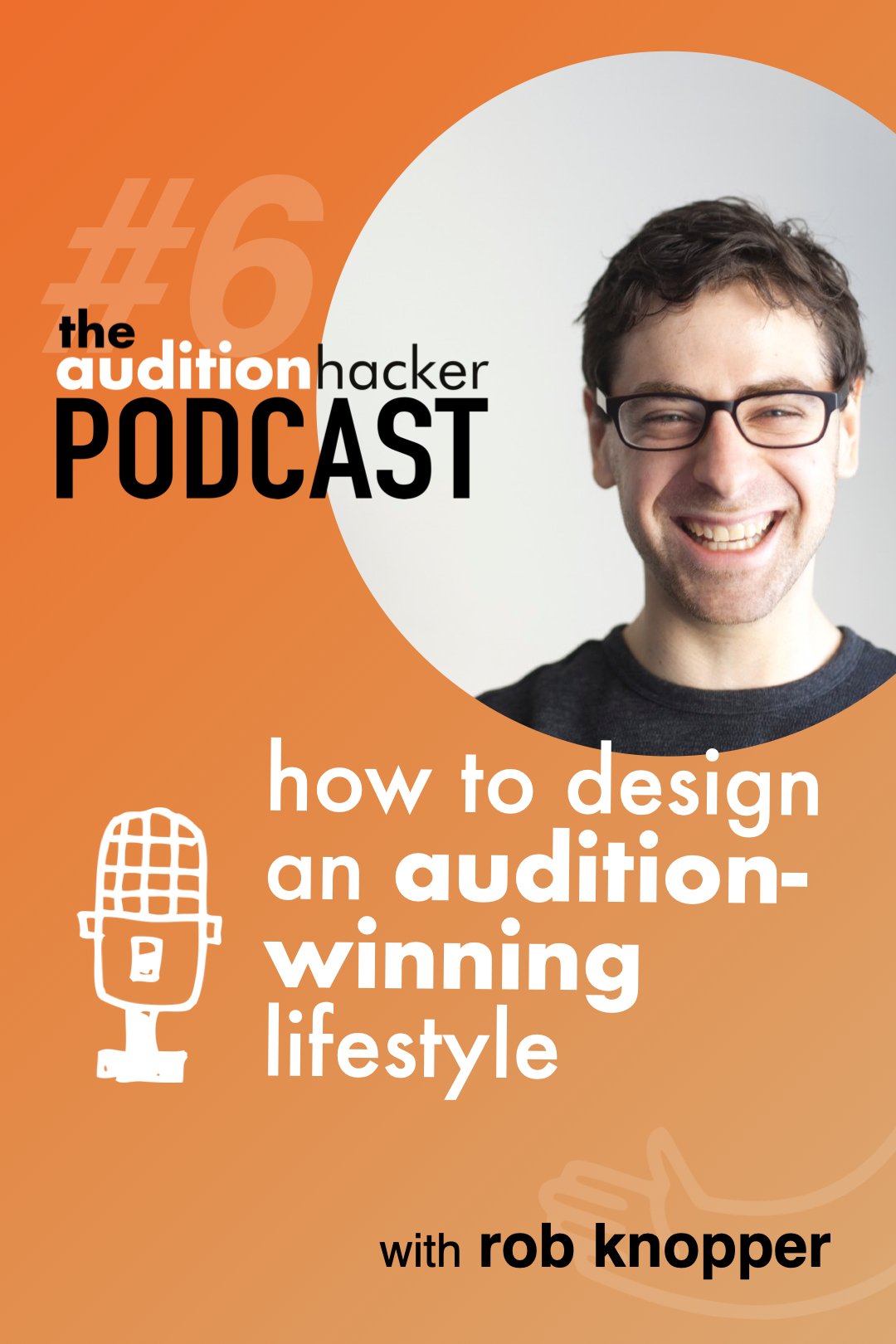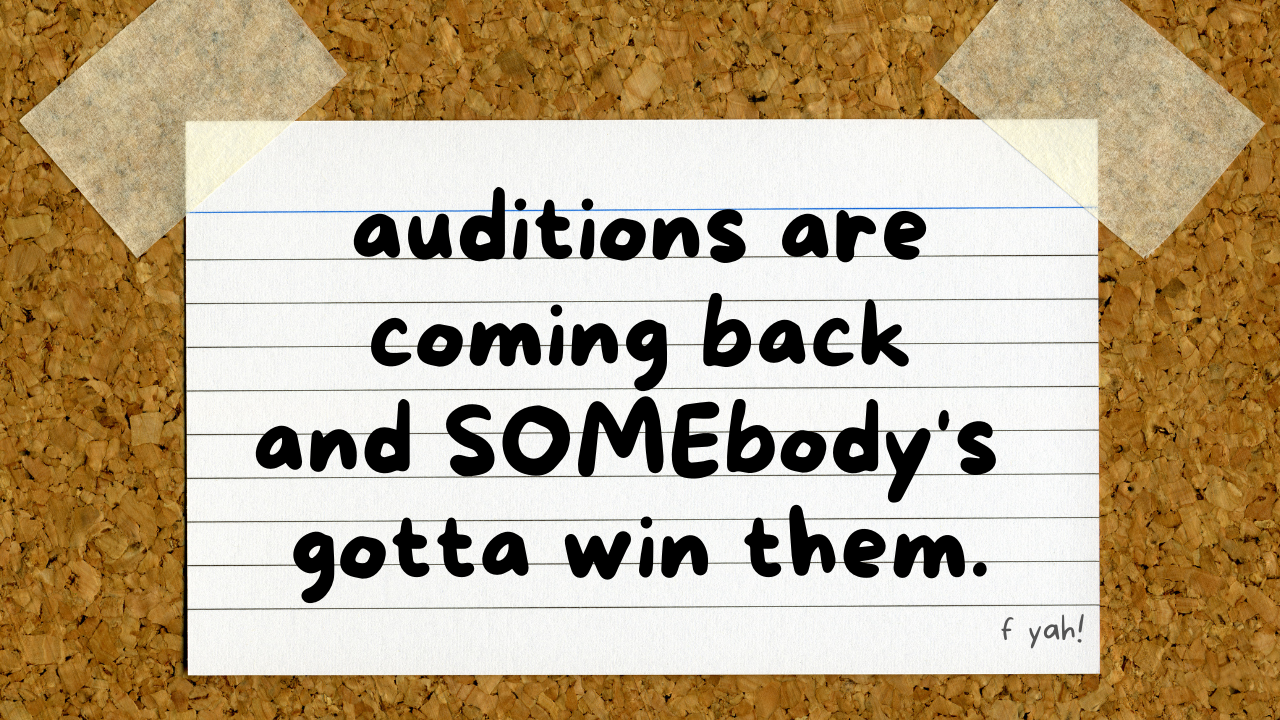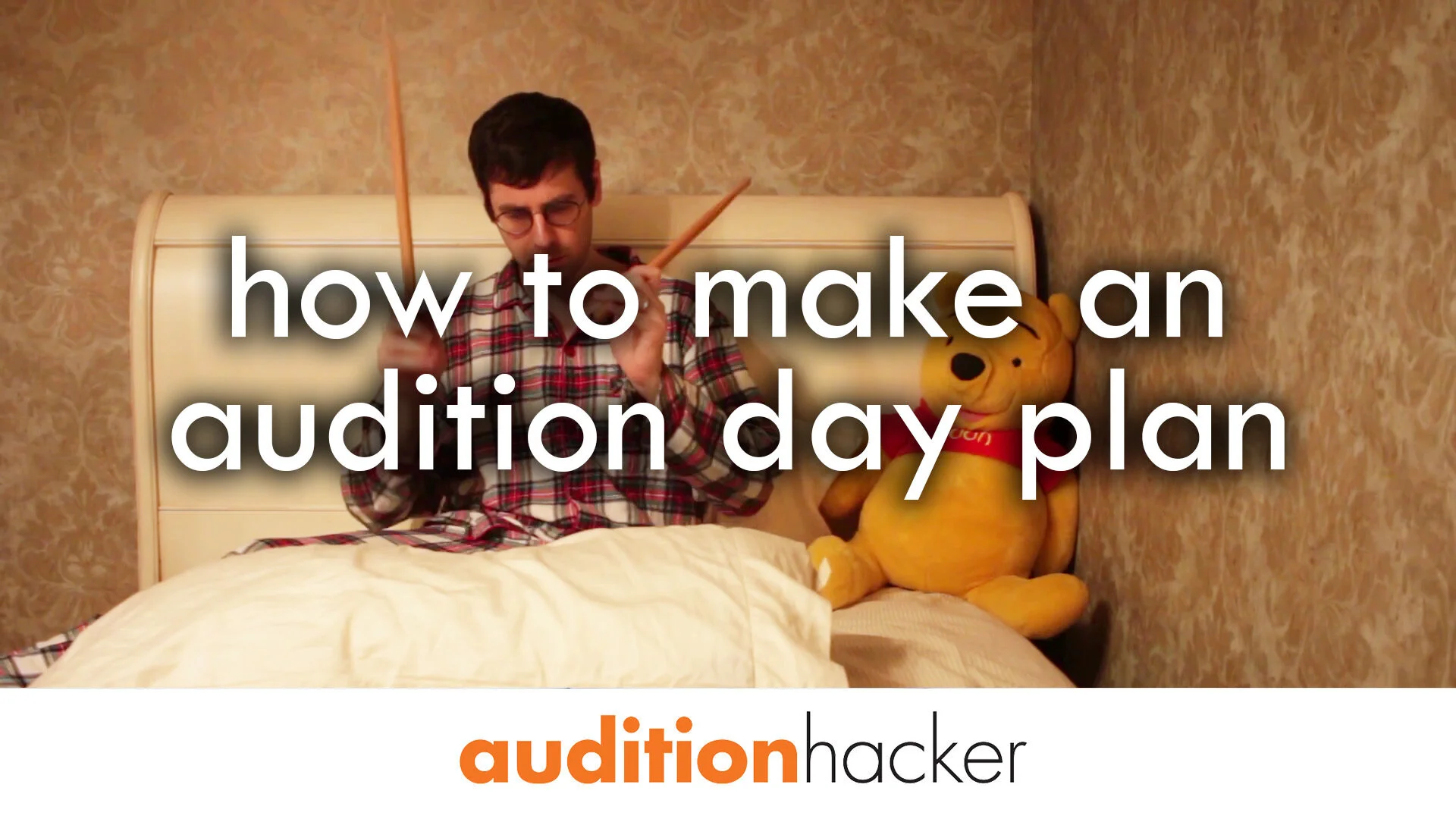i play opera. it’s what i do. this year there are 24 operas, which i described in my 14-15 met opera season preview, and i’ll play percussion on 20 of them. that means this year entails 20 operas worth of score study, part preparation, rehearsals, and performances, and normally these operas are in excess of 3.5 hours each. it’s a lot of work. all that being said, when i started playing drums, i didn’t intend to only play orchestra music for the rest of my life, much less opera. and even though i could do that, i don't. i play drums because playing drums is amazing, whether it’s in an orchestra, a country band, a heavy metal group, a celtic ensemble, a show choir, etc.
for those of you in high school or college, preparing for the rest of your musical life, know this: you don’t have to stop pursuing drumset (or other types of percussion) just because you want an orchestra job. for orchestral-track students, your future musical life will be filled with whatever you want it to be filled with. today’s blog post is an example of how that actually works. for instance, on a recent off-day from the met, i spent the day criss-crossing the city playing drumset. interested? here’s what happened:
sunday, september 7th, was an off-day in between a full day of mahler 9 rehearsals and a day of figaro rehearsals. so, i scheduled two shows on opposite ends of the city. the first was a paisley fields show, a country band in which i play drums, and the other was a chamber music concert with a piece called pulse magnet by matthew hindson. this post is about having a well-rounded musical life, so i thought it would be a good chance to feature some of my outside-the-met activities. here’s the rundown of that day:
the paisley fields
the country band the paisley fields is a brooklyn-based alt-country band, playing a mix of country, rock and blues, so says our website. to me, it's a great hang with even better people. it's a place where i can freely improvise to find creative satisfaction in a comfortable, welcome, and nonjudgmental setting.
this particular show happened in an outdoor music festival called the brooklyn music festival. one of the cities' last music festivals of the summer, the brooklyn music festival also featured hip hop, r&b and rap. the members of the band are all from the met's extended family: i play in the orchestra, jessica worked in human resources at the met, joe is jessica's brother, anna is the daughter of former met general manager joe volpe, and james (the singer) ties us all together.
the new york chamber music festival
every september, former met orchestra concertmaster elmira darvarova hosts a series of concerts in symphony space. two years ago we played an all john cage concert that was ranked in the top ten classical concerts in new york by vulture and a critics pick in time out magazine.
this concert featured greg zuber, duncan patton, myself, and two amazing pianists named pascal and ami rogé. the two pianists, duncan and greg started with the bartok sonata for two pianos and percussion, then the five of us played an arrangement of ravel's bolero, with greg on snare drum, and some added percussion and timpani accompaniment at the end. finally, everyone but duncan played a rousing rendition of hindson's pulse magnet.
conclusion
i doubt that a job exists anywhere that completely fulfills a musician by itself. even though playing in an orchestra is incredible and i play some of the most moving music in human history, i don't get to let loose on drumset, i don't get to play extended chamber music, and i don't get the variety of styles that these other activities afford me. sure, it takes a ton of work to get an orchestral job - and every minute was worth it. but as you practice excerpts, take some time to consider what else you need as a person and a musician to live a full musical life. start doing those things right now, so that you can seamlessly incorporate them into your musical adventures for the rest of your career.
looking for an audition breakthrough?
here's my 5-step guide to constructing your preparation process and optimizing it for maximum results for any instrument.























in 2019, a cellist named maria reached out to me about her audition struggles. on paper, she was the “worst audition candidate ever” (her words). she had 2 small children, a full-time teaching job, and hadn’t taken an audition in 4 years.